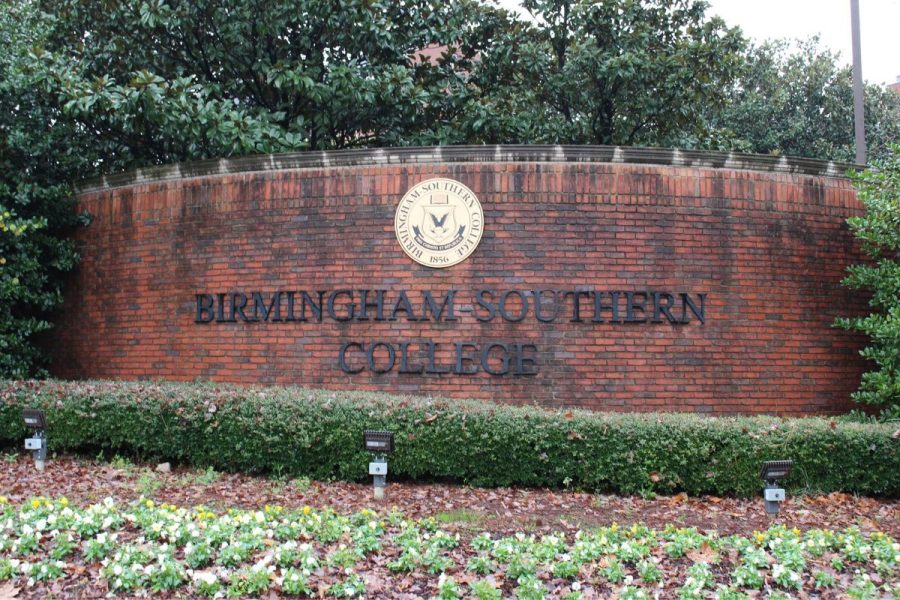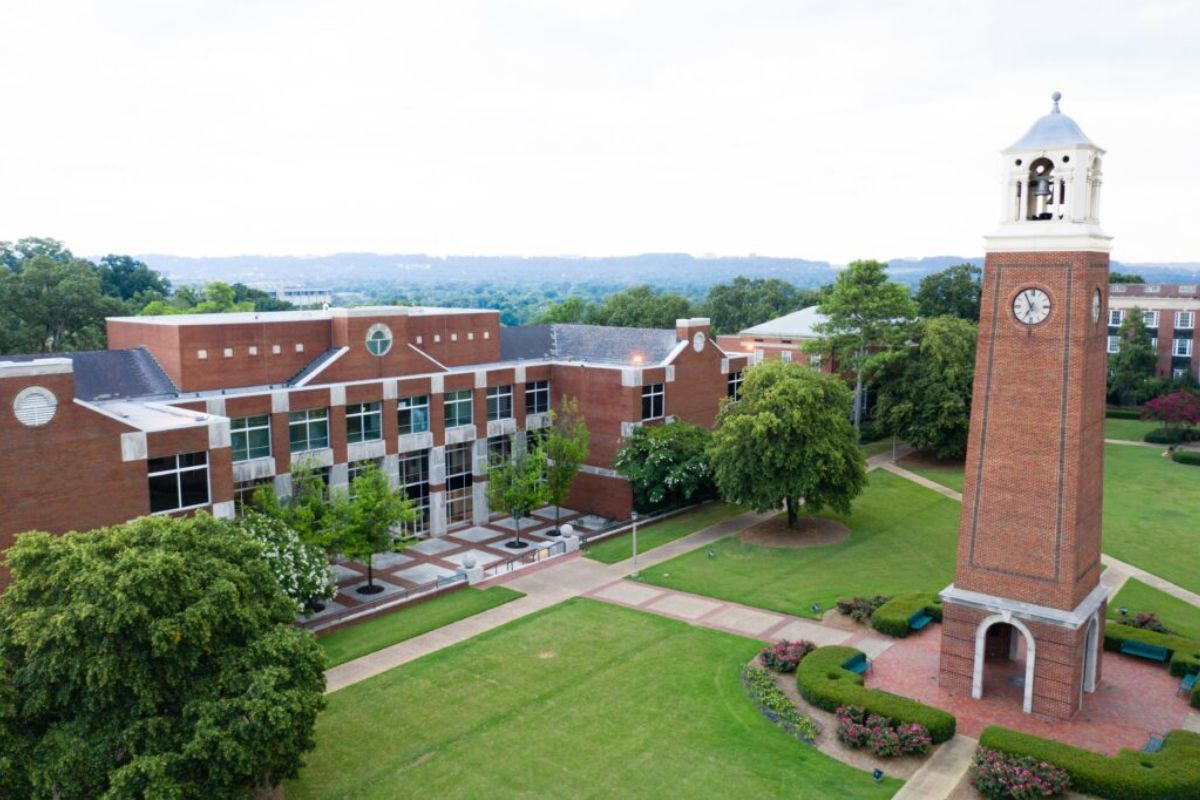Senate Backs Birmingham-Southern College Loan: The recent decision by the Alabama Senate to support Birmingham-Southern College’s loan proposal has sparked a wave of anticipation across the state.
However, as the bill progresses through the legislative process, concerns have been raised regarding the specifics of the loan agreement and the level of oversight involved. With differing opinions emerging on the best course of action, the question remains: What steps will be taken next to ensure the successful implementation of this financial support for the esteemed institution?
Alabama Senate Committee Approves Bill
The approval of Senate Bill 31 by the Alabama Senate’s Finance and Taxation Education Committee marks a significant step towards providing a loan to Birmingham-Southern College. This decision reflects a proactive approach by the committee to support the operational needs of the liberal arts college. By extending this loan, the committee aims to address the concerns raised by State Treasurer Young Boozer regarding the school’s financial stability.
The committee’s approval of Senate Bill 31 indicates a recognition of the importance of sustaining educational institutions like Birmingham-Southern College within the state. The move also showcases a commitment to fostering a conducive environment for academic growth and development in Alabama.
With this milestone achieved, Birmingham-Southern College can now look forward to the next steps in securing the necessary financial support to continue its operations. The decision by the committee underscores a collaborative effort to address the challenges facing the institution and highlights a shared vision for maintaining the college’s legacy of academic excellence.
Concerns Raised Over Language and Oversight
Amid the approval of Senate Bill 31 by the Alabama Senate’s Finance and Taxation Education Committee, concerns have been raised over the language and oversight pertaining to the provision of loans to distressed institutions. The bill, sponsored by Sen. Jabo Waggoner, revises language from a law passed the previous year, creating the Distressed Institutions of Higher Education Revolving Loan Program. However, the following issues have come to light:
- Obligation Confusion: Some members worry that the language in the bill may obligate the state to provide loans to distressed institutions without clear criteria.
- Difficulty in Identification: Sen. Arthur Orr highlighted potential challenges in distinguishing future cases of financial distress among colleges, raising questions about the effectiveness of the program.
- Oversight Shift: The bill shifts oversight of the loan program from the state treasurer to the executive director of the Alabama Commission on Higher Education, prompting concerns about the adequacy of monitoring and accountability.
- Lack of Specificity: Critics argue that the bill lacks specificity in outlining how the loans will be managed and repaid, raising doubts about the program’s sustainability.
- Transparency Concerns: Some stakeholders have expressed worries about the transparency of the loan approval process and how decisions will be made regarding which institutions receive assistance.

ALSO READ: Gadsden City Schools Secures 50K Grant for Alabama STEM Revolution!”
Disagreements and Moving Forward
State Treasurer Young Boozer‘s concerns about the lack of effective oversight and potential long-term implications of Senate Bill 31 have sparked disagreements as the bill progresses to the full Senate. Boozer disagreed with the portrayal of the bill solely focusing on changing the administrator, highlighting additional modifications like the interest rate and payback period for the loan. His apprehensions revolve around the state’s oversight capabilities and the lasting effects of the proposed changes. Despite these disagreements, the bill advanced with an 11-3 vote from the committee and is now set for further deliberation in the full Senate.
Birmingham-Southern College President Daniel A. Coleman expressed appreciation for the committee’s endorsement, underlining their strategic financial stability plan and the significance of the loan in concluding an endowment campaign. Moving forward, it is evident that there are differing viewpoints on the implications and execution of Senate Bill 31. As the bill moves to the full Senate, it is imperative for stakeholders to engage in constructive dialogue to address concerns and ensure the best outcome for all parties involved.
News in Brief
Alabama Senate approves Birmingham-Southern College loan proposal, sparking anticipation. Senate Bill 31, backed by the Finance and Taxation Education Committee, aims to address the college’s financial stability concerns. Despite concerns over language and oversight, the bill advances, shifting monitoring to the Alabama Commission on Higher Education. Critics cite ambiguity in criteria and transparency worries. State Treasurer Boozer’s disagreements on oversight and long-term impact lead to a 11-3 committee vote, advancing the bill. Birmingham-Southern College President Coleman acknowledges the endorsement’s significance for financial stability and endowment. The bill heads to the full Senate, requiring constructive dialogue for a favorable outcome.
Our Reader’s Queries
What rank is Birmingham-Southern College?
Birmingham-Southern College holds the #135 position in the 2024 edition of Best Colleges for National Liberal Arts Colleges. The tuition and fees for the institution amount to $22,750.
What is one rule for the Alabama Senate?
In accordance with Article IV, Section 47 of the Constitution, Senators are required to attain a minimum age of 25 at the time of election. Additionally, they must be citizens and residents of Alabama for a minimum of 3 years and reside within their district for at least one year preceding the election.
Is Birmingham Southern College a private school?
Established in 1856, Birmingham-Southern College is a private liberal arts institution affiliated with the United Methodist Church, offering a comprehensive four-year education.
Why is Birmingham-Southern College closing?
The Birmingham-based private liberal arts institution in Alabama has grappled with financial instability for an extended period. The repercussions of ambitious investments and substantial debts were intensified by the challenges posed by the 2009 recession and the subsequent impact of the coronavirus pandemic.

